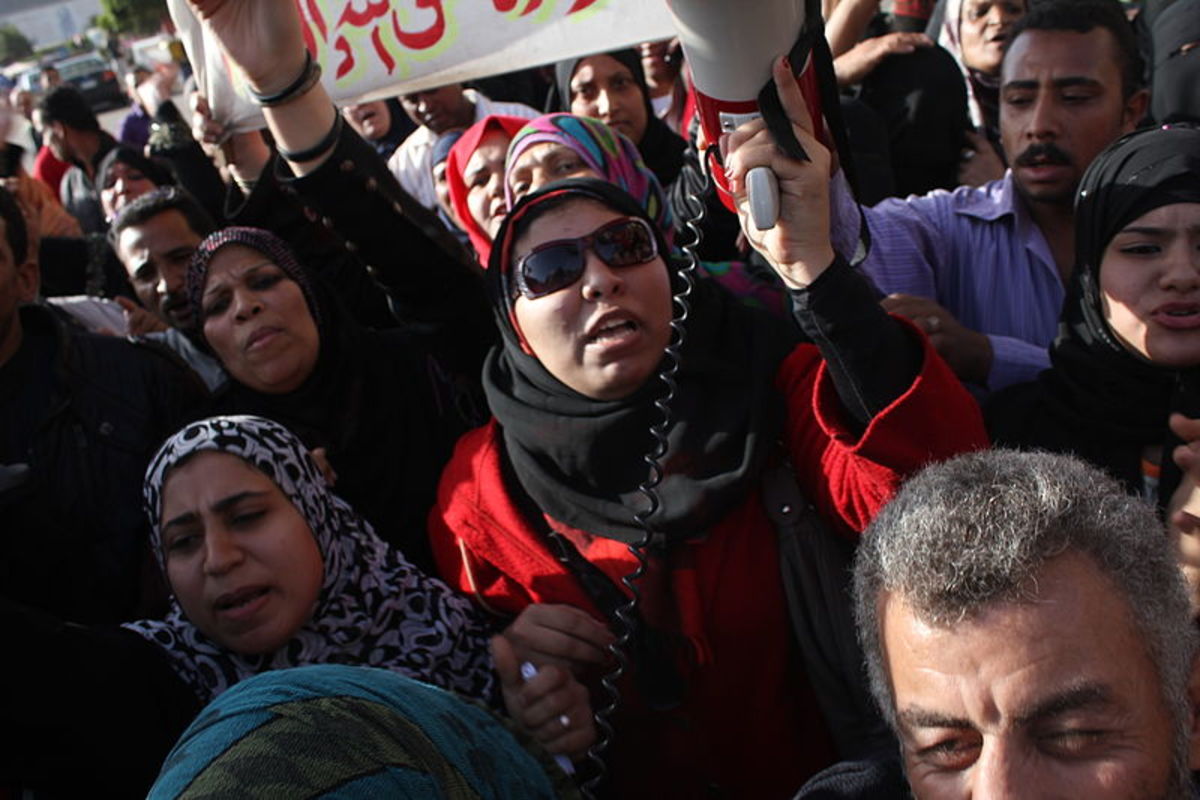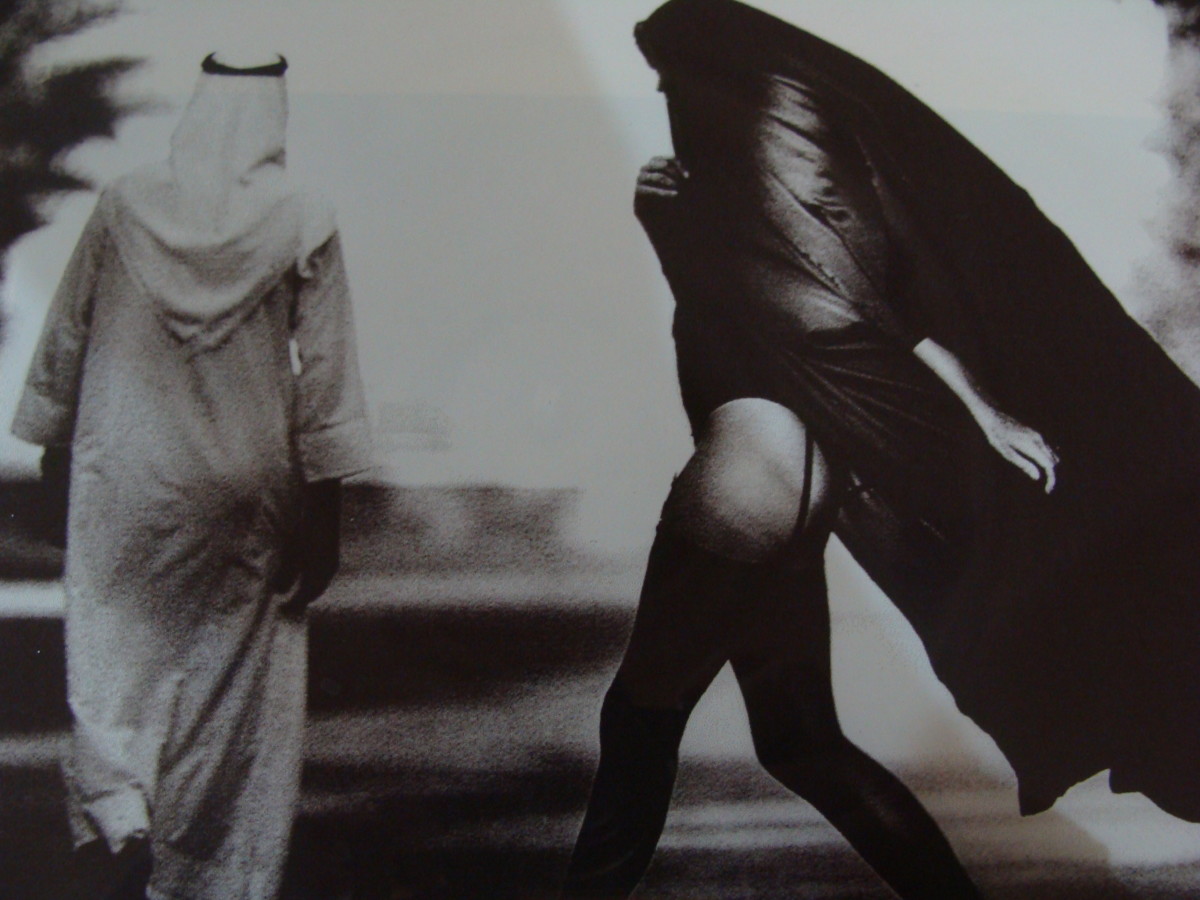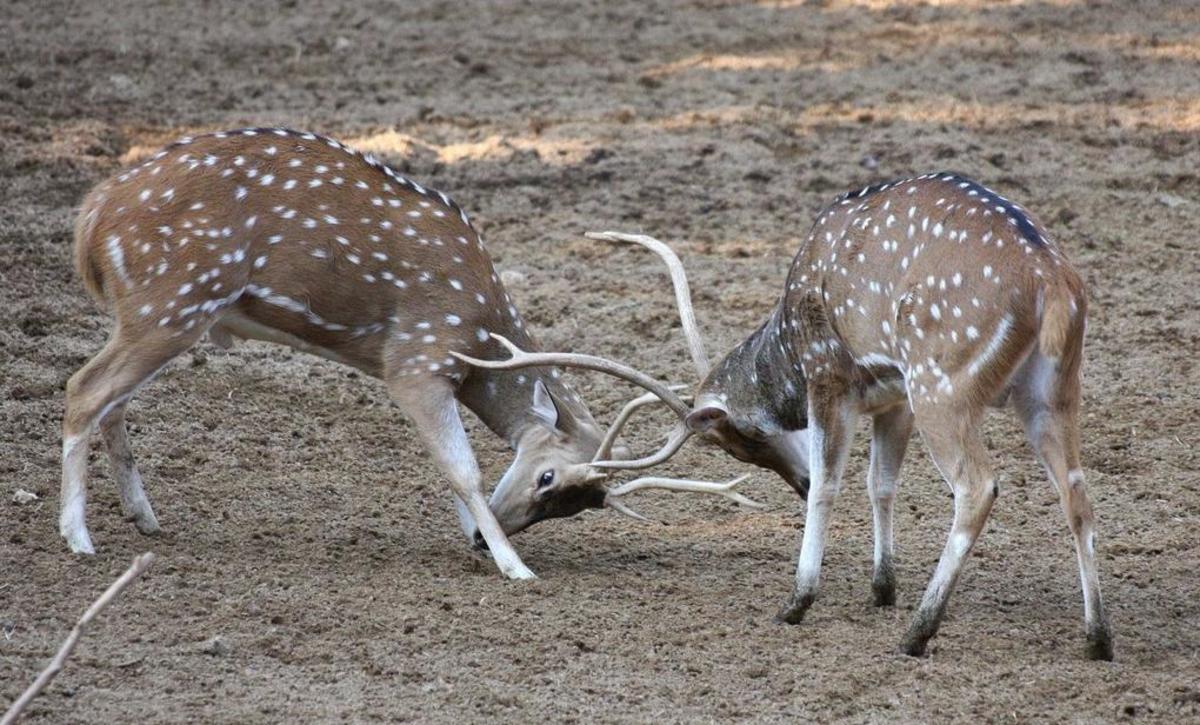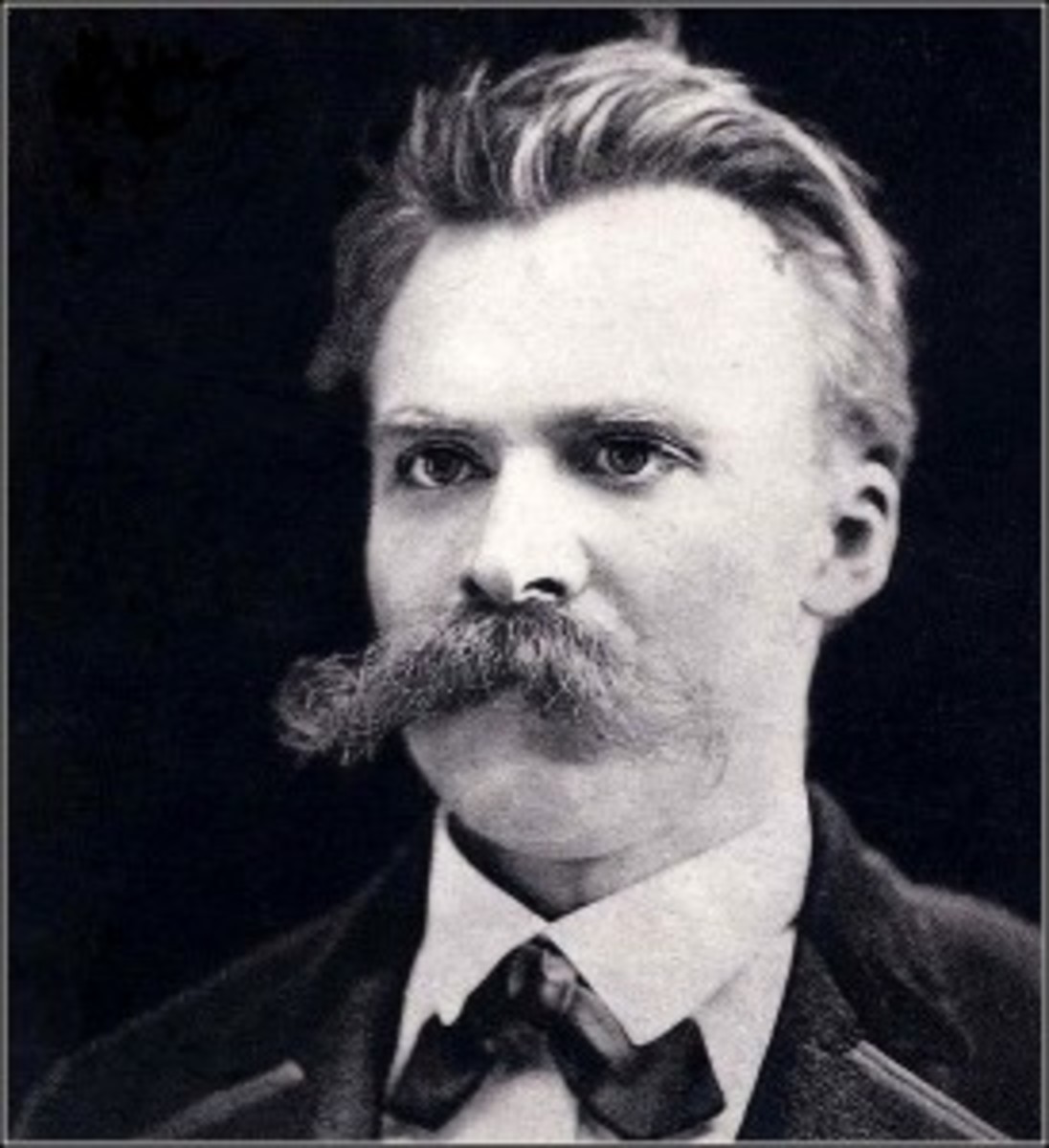Being a Hijabi in America: An Outsider's Perspective
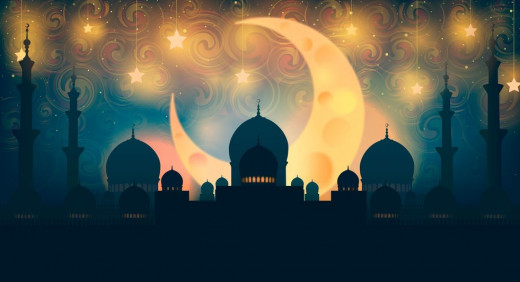
Taking Strides Towards Peace
When you think of Middle Eastern Muslim women, what are the first things that come to your mind? A head-covering, no doubt. The words “oppressed” and “terrorists” or “wives of terrorists” might pop into your head, as well. On the contrary, what are some things that you would never associate with female Muslims from the Middle East? Freedom? Choice? Education? Open-minded perspectives? As a white American whose best friends are Muslim women, I am going to share my experience - their experiences - about what it means to be Muslim in today’s world.
Let’s introduce my friends, whose names I will change for the purpose of this article. First, we have Grace, a 22 year old Muslim Egyptian woman, and next we have Leah, a 24 year old Muslim Saudi Arabian woman. Both lived in the States for a time, and we got to be friends because we all went to the same university. Spending time with them I formed deep and meaningful friendships which have survived a great distance, as Grace and Leah have both moved back to their home countries. Looking back at our memories from the States, I often wonder how much better their experience here could have been, if only people were a little more respectful and educated about what it means to be Muslim...because both of them experienced some severe racism, and there is no point in candy-coating their experiences for this article. Their experiences need to be known, because only when people are made aware that, even in 2020, the world is not a forgiving and peaceful place, can we begin to take steps to create a lasting change.
To begin, I will start with the time that Grace was riding in a car with the windows down. Can you believe that? All a Muslim woman had to do to face persecution in America was ride in a car with the windows down. Grace was riding in a car with some friends near our university, and the windows being down made it more visible to others that she was wearing a headscarf, or, as I should say, a hijab - a word most Americans are afraid to say. All of the sudden, stopped at a red light, she heard shouting from a car stopped in the lane next to her: “Go back to where you came from! America doesn’t want you here, terrorist!” After these remarks, the light turned green, and the incident was over. Upon sharing this with me, my friend’s response was lighthearted. She said, through the biggest smile and giggles, “It’s America, don’t worry...I expected this here!” She expected this here. Maybe she expected this here, and thankfully she was able to brush off the experience, but in all honesty, instances such as those should not be brushed off, or they will just continue to happen.
The next event is something that happened to Leah and her baby, while walking near the university. As Leah was pushing her baby in a stroller across a crosswalk, someone didn’t like the fact that she was wearing a hijab. This person didn’t like it a little too much, and attempted to hit her with their car because of it. All this Muslim woman had to do to get her life threatened was attempt to cross a street.
The last instance I will mention is a time that Leah was in a park and a man threw a bunch of condoms filled with water at her. Why? She was Muslim and wearing a hijab. That’s all. So, in America, a Muslim woman apparently cannot go to a park without facing persecution, either. If these instances were not hard enough to read, let’s not forget about all of the times they were gawked at, stared at, pointed at... just because they wore a hijab. Let’s remember also that there are more instances like the ones mentioned that I am choosing not to share.
There is so much wrong with the perception that a majority of Americans have of Muslims. I want to welcome you to the reality of what Muslim women are actually like, so instead of the words, “oppressed” and “terrorist” coming to your mind, you will have a better, more clear understanding.
Grace is from Egypt. She is a 22 year old, single female who is Muslim. Did you know in Egypt it is common for women to attend college? Her degree is in engineering, at that. Grace loves science, art, and learning about other cultures. Her second language is English. In addition, contrary to popular belief which has stemmed from decades of false media and biased news, Egypt is one of the safest and most friendly countries for expats to live. This means that if I were to go there, the chances of me being hung from a rope in a dungeon by terrorists are as slim as they are in the States. Shocking? On top of that, many religions and beliefs exist in Egypt peacefully, without issues. Muslims, Christians, Jews, and other beliefs are all accepted there.
Leah is a Saudi Arabian. She is a 24 year old, married woman who is Muslim. Did you know that before she came to America, she was already attending college in Saudi Arabia? Did you know that she was 20 when she got married, and that it was her choice? She was not 14, she was not forced...nor is she forced to wear a hijab. Leah enjoys art, Korean pop music, dancing, and is a feminist. Saudi Arabia does have a ways to go when it comes to gender equality, but these issues are not rooted in Islam, but in their government. In addition, their country has taken big strides in equality just in the past five years, and is striving to become a more fair country, even building new cities from nothing to attract tourists from all over the world.
My point is this: Americans and the rest of the non-Middle Eastern world need to wake up. Are there “bad” Muslims? Yes. Are there “bad” Christians? Yes. Is all of the Middle East a war zone, a hell-hole, a terrible place to be, with no freedoms and no rights and nothing worth learning from? Absolutely not, and we need to start taking big strides in preventing that kind of narrow minded way of thinking.
During this Ramadan season, I hope that all of humanity can take a look at the bigger picture, educate themselves, and stop living in unnecessary fear. It is up to all of us to create a more peaceful and understanding world.
To all those hijabis out there facing persecution just for existing: I see you. You are not terrorists. You belong here.

